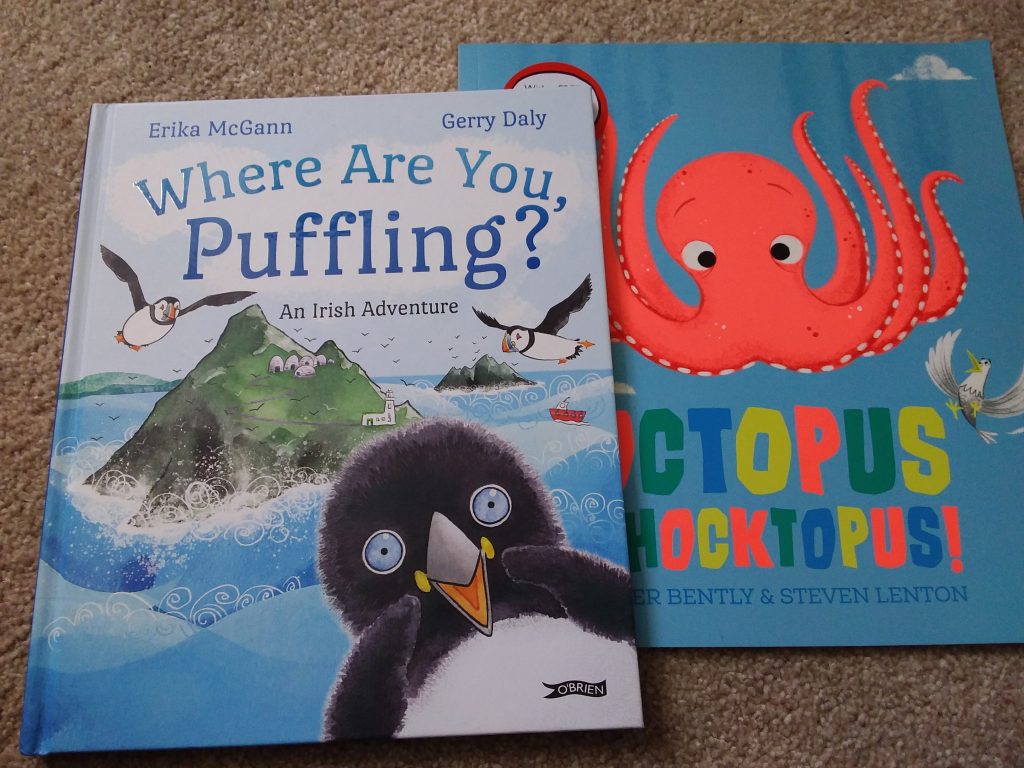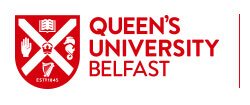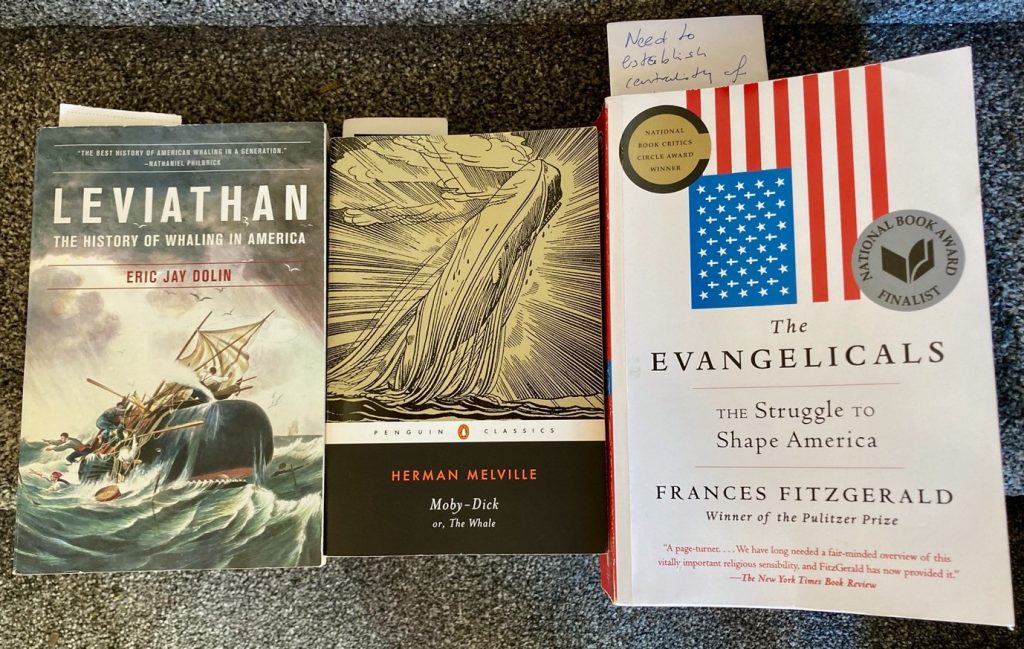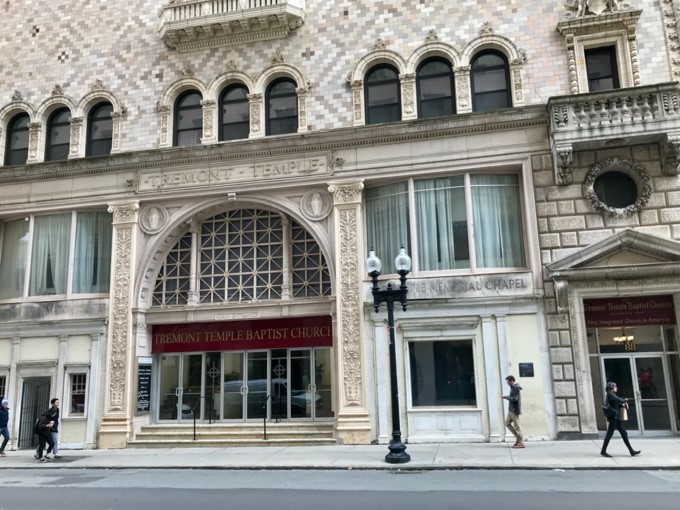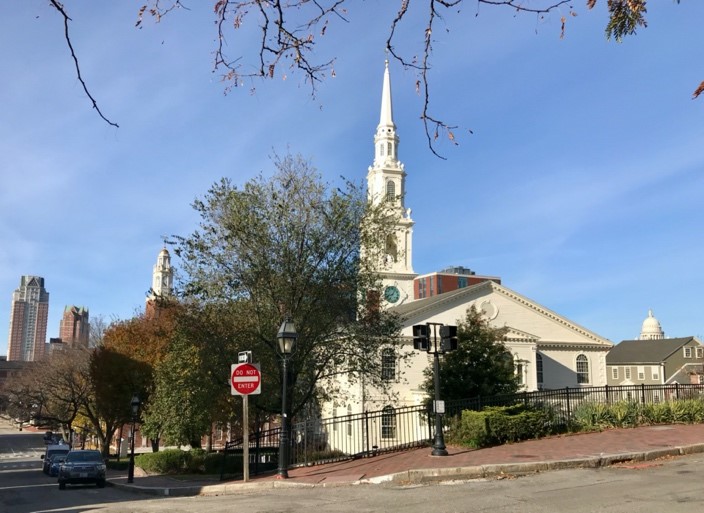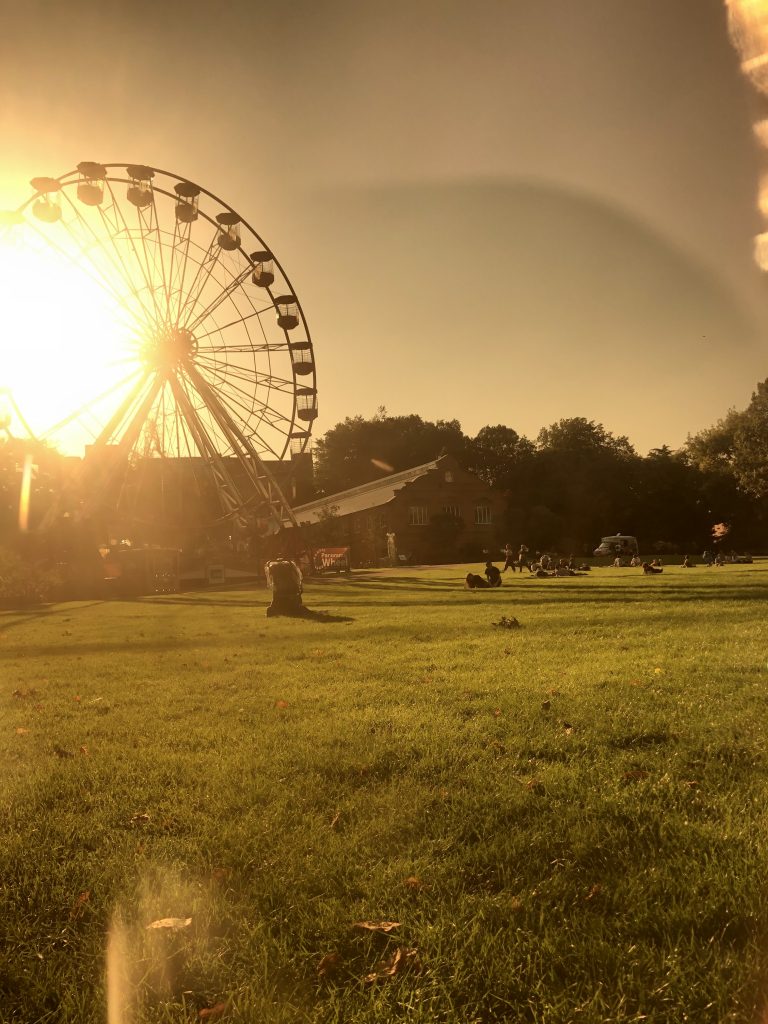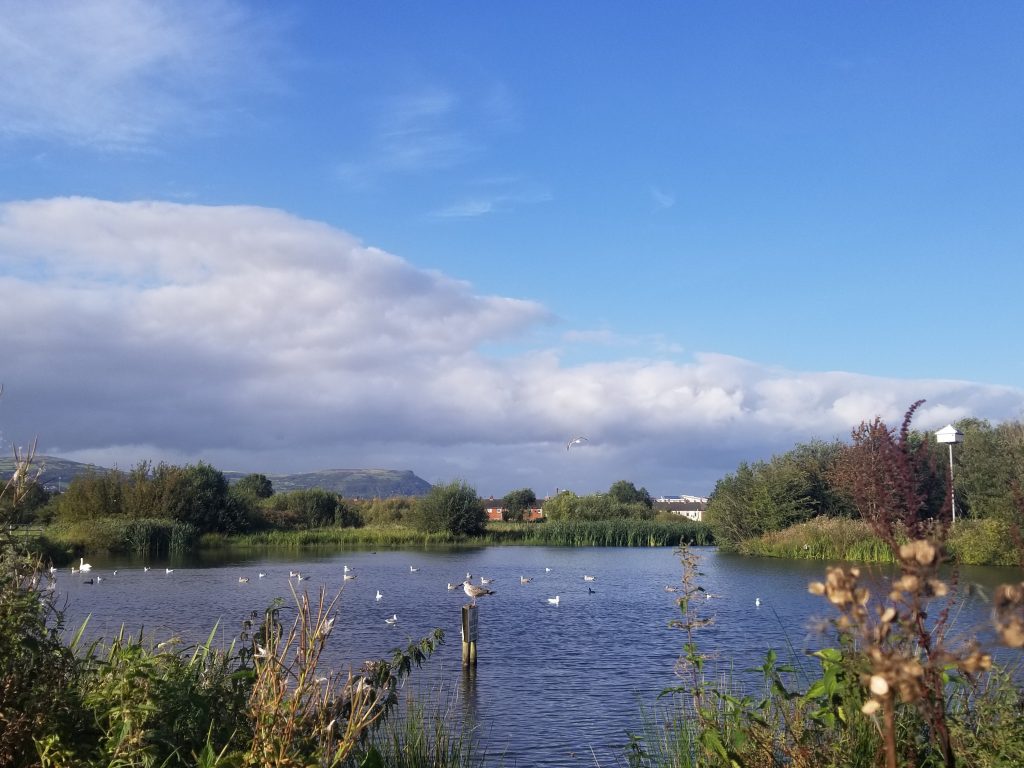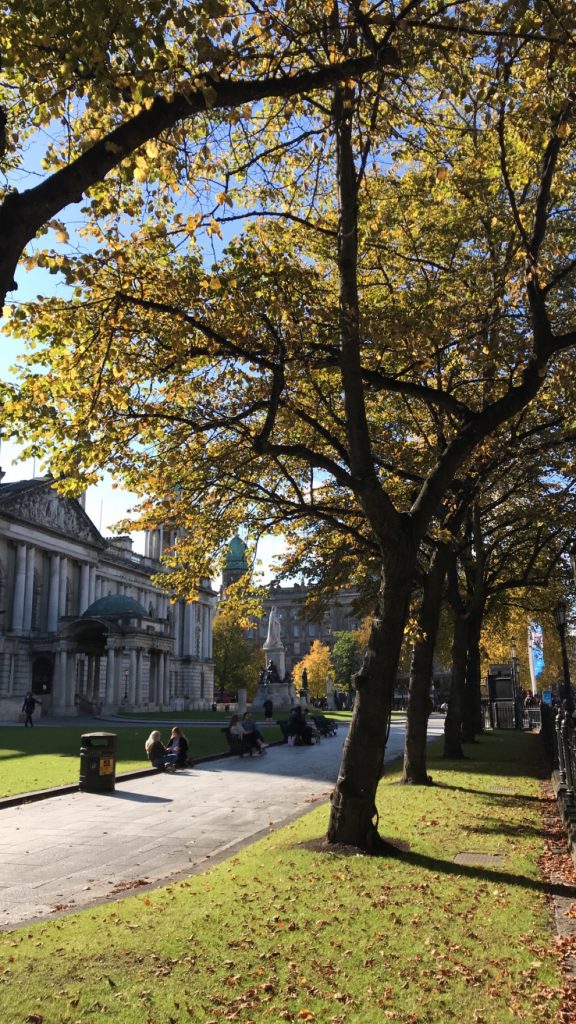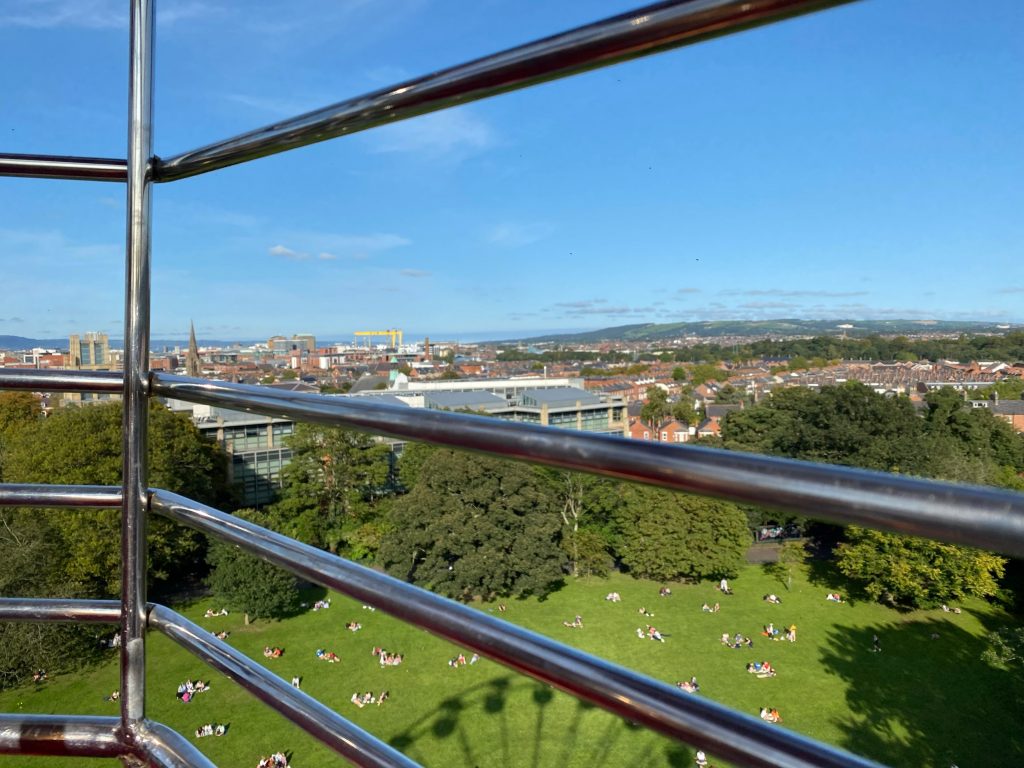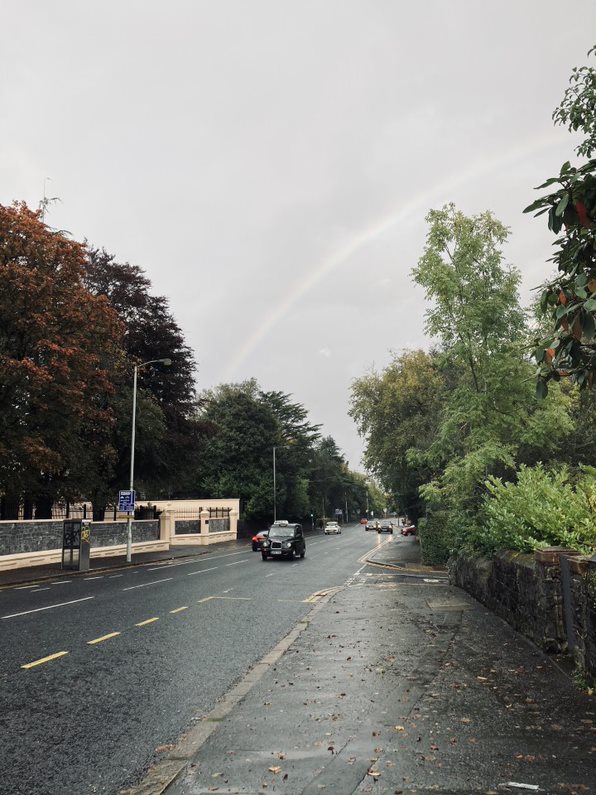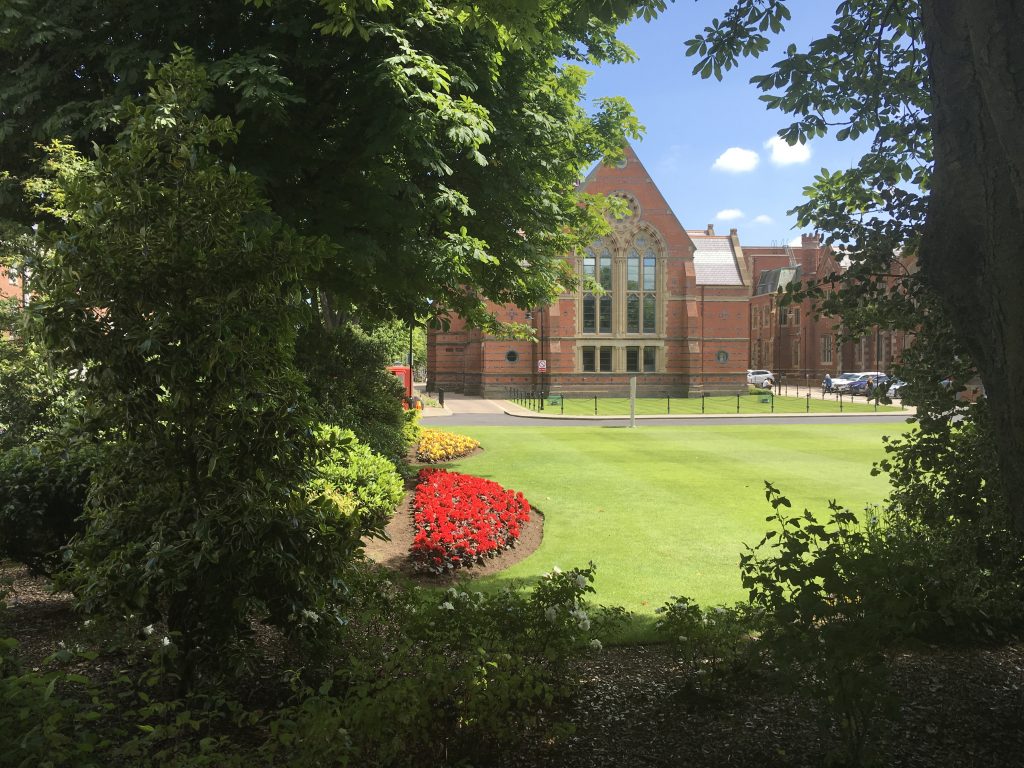Ruth Hewitson, PhD in Philosophy
I finally got around to reading Love in the Time of Cholera. One quote from it resonated with the topic of my thesis, which is whether competent children should be allowed to make decisions regarding their own medical treatment (as competent adults do).
‘It was not easy for her to establish real differences between children and adults, but in the last analysis she preferred children, because their judgement was more reliable’
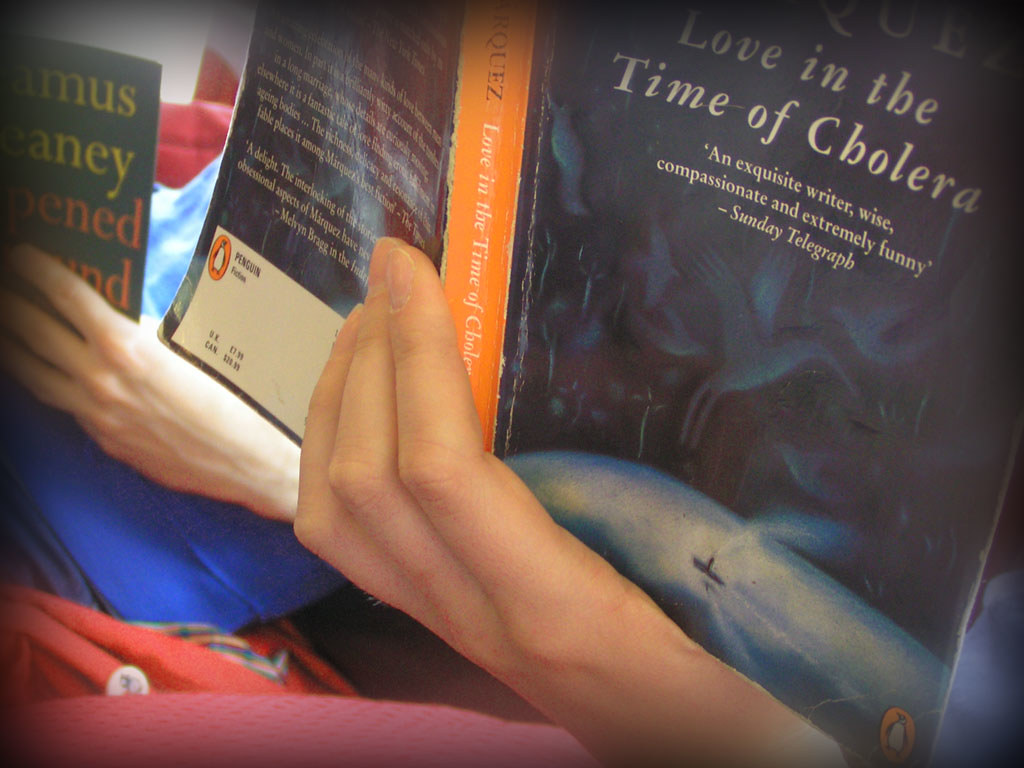
Ian Campbell, Senior Lecturer in Early Modern Irish History
This week, I’m working on the introduction for a group of articles that I’m submitting with some colleagues to a journal called History of European Ideas. Our theme is the process by which European states made themselves sacred during Europe’s early modernity. As part of this work I’m reading a set of very entertaining lectures that the late Tony Judt published as The burden of responsibility: Blum, Camus, Aron, and the French Twentieth Century (Chicago, 1998), because the relationship between modern politics and the sacred was something that interested both Albert Camus and Raymond Aron.
Last week, I bought a copy of Fernando Cervantes, Conquistadores: A new history (Allen Lane, 2020) as a way of up-dating my knowledge of the Spanish conquest of the Americas, and I’d recommend it as a lively and perceptive book.
Finally, I’m now half way through James Joyce’s Ulysses! I’ve never read it before, and hadn’t realised what a political book it is. The cyclops episode is one of the most angry denunciations of Irish nationalism that I’ve ever read. I’m also reading John Banville’s Snow (London, 2020), which is a bit more heavy-handed than his better novels, but still entertaining.
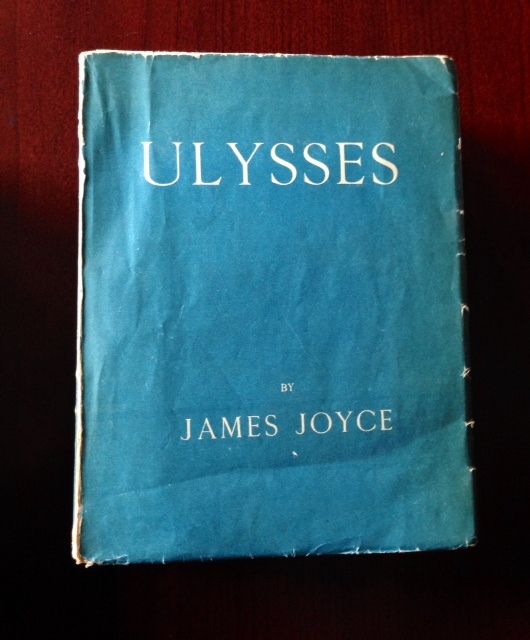
John Barry, Professor of Politics and International Relations
These are books I have on my reading list for reading week. I’m particularly looking forward to finishing the biography of William Wilberforce, as part of my interest and seeing the parallels between the struggle to end the slave trade and contemporary efforts to retire the fossil fuel industry.
I can already see parallels but of course differences! Located around the intersection of political economy, power, ideology, ethics, and the role of the state…
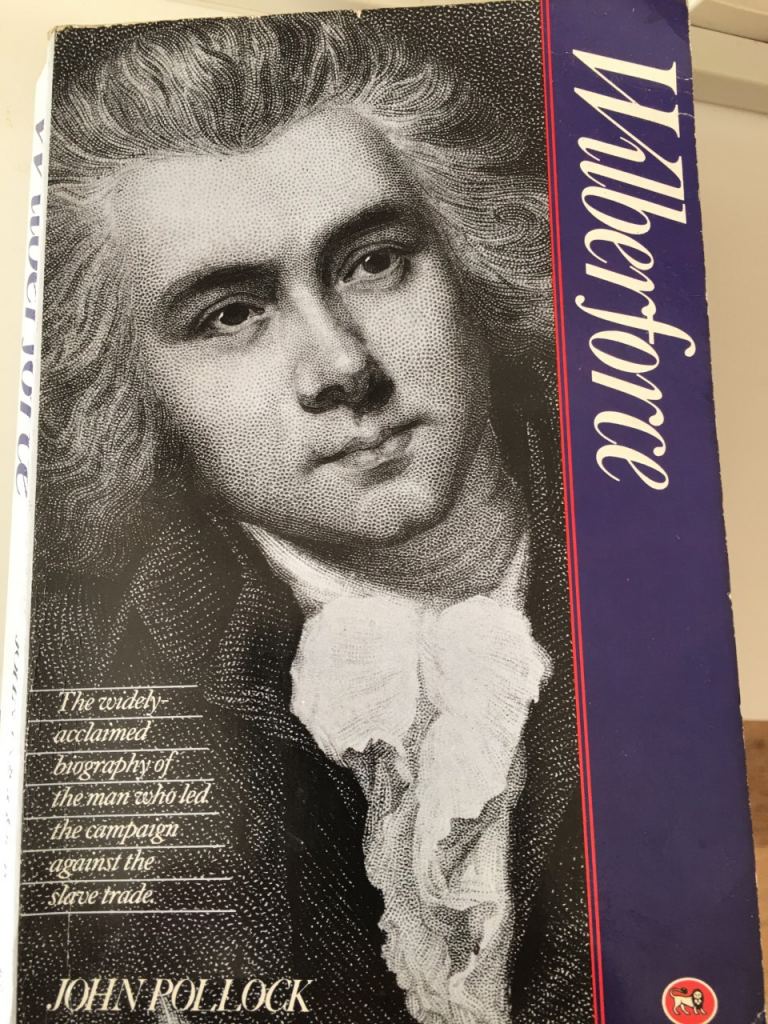
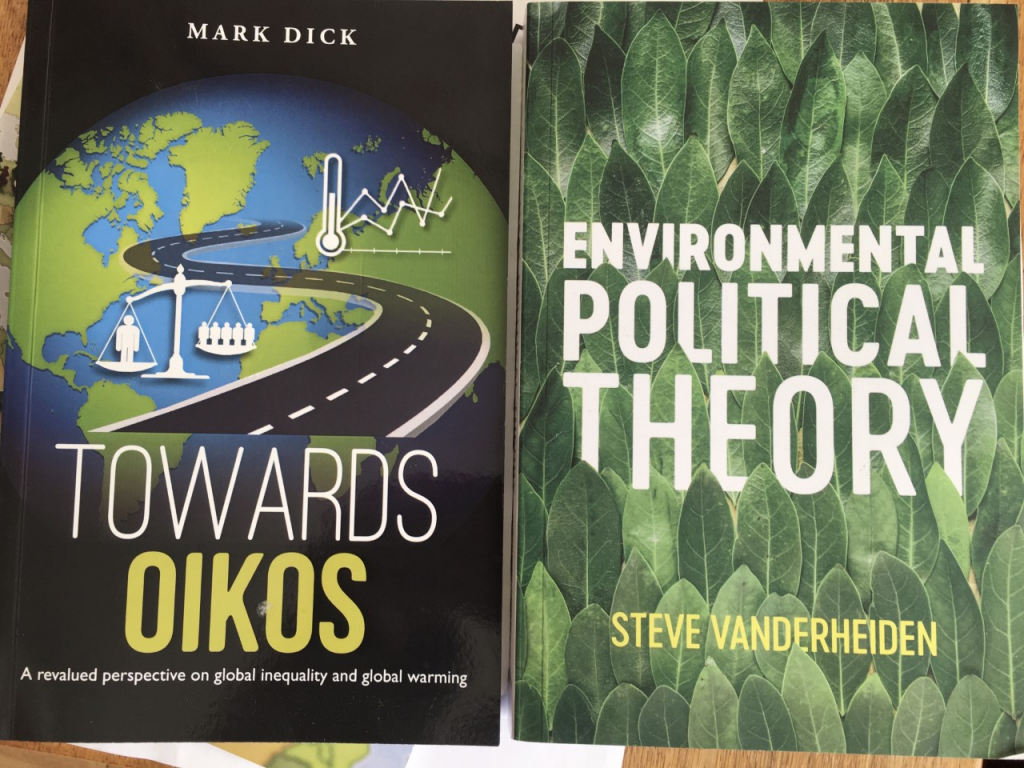
Sparky Booker, Lecturer in Medieval Irish History
Most of my academic reading this week relates to my research on the later middle ages in Ireland, but I’m also enjoying this study about a law enacted in Ireland much earlier – in the year 697. The law was intended to protect non-combatants during times of war and is also known as the ‘Law of the Innocents’. This is some of the earliest law relating to conduct during warfare – and who should be protected from violence – rather than to whether a war was just or not in the first place.
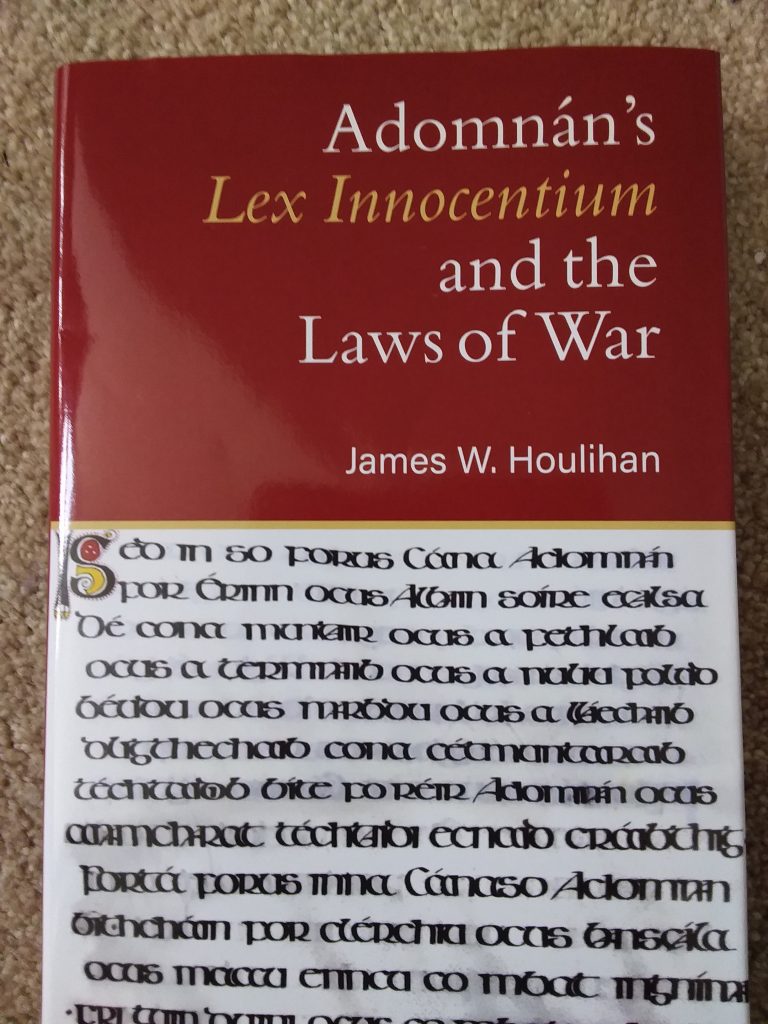
Also loving this beautifully illustrated book about an accidental visit of Archduke Ferdinand – a young man who later became Holy Roman Emperor – to Kinsale, co. Cork in 1518. His ship was blown off course by a storm and he sheltered in Kinsale for several days with his entourage, a member of which, Laurent Vital wrote an account of their stay.
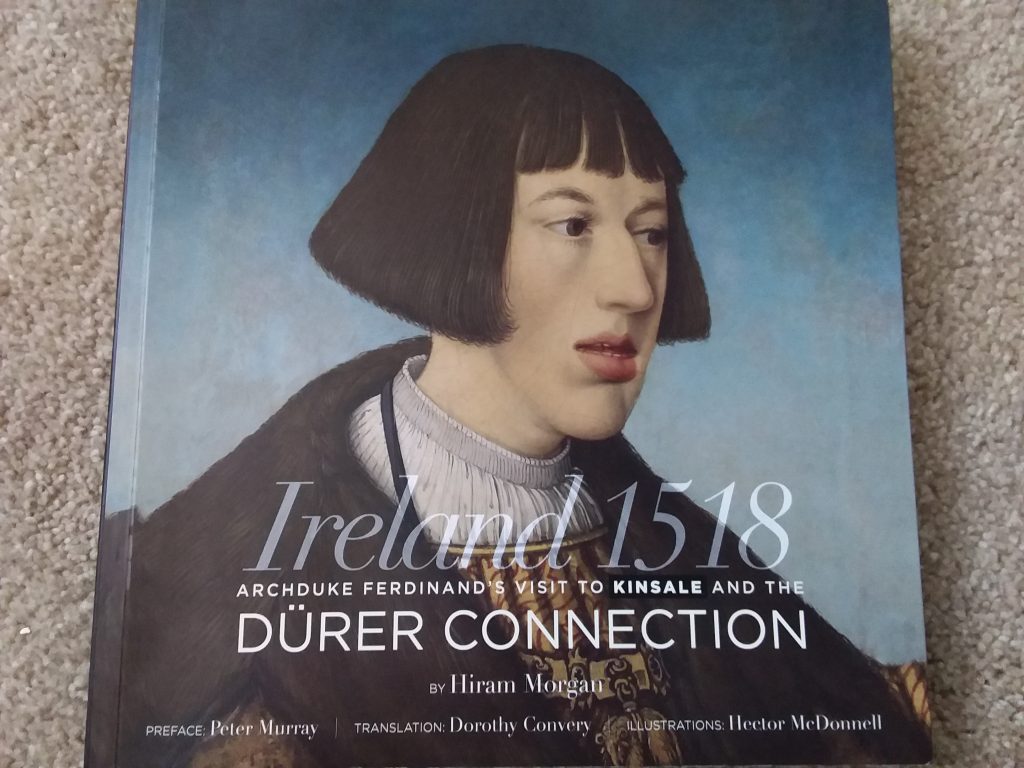
Accounts of Ireland and the Irish from the early modern period that aren’t hostile commentaries from English authors are rare and Vital’s comments on fashion, daily life and customs in Kinsale are particularly fascinating. The strangest thing to me, given the Irish climate, is that Vital records that both men and women in Kinsale wore clothes that did not cover their chests. He writes that ‘the men have their shirts open down to the belt, without sleeves so that they have bare arms’ and that ‘young women and girls have their chests naked to the waist; it is as common there to see or touch the breast of a girl or woman, as it is to touch their hand.’ His comment on this was (perhaps surprisingly) not critical, noting ‘and so, there are as many different fashions and customs as there are countries’.
An honest account of my reading week must mention some of the books that I read every evening with my kids: these are two current favourites. The Puffling book (besides having the wonderful word ‘puffling’ in the title) is set on Skellig Michael and at one point the puffling dances atop a beehive hut in the early medieval monastic site. The three year old is not interested in the history side of things but I enjoy it!
